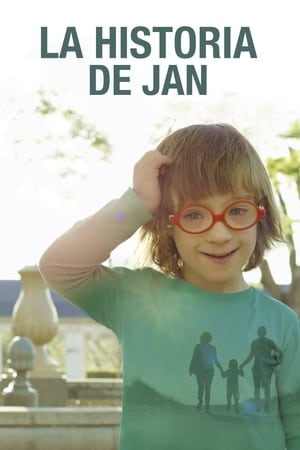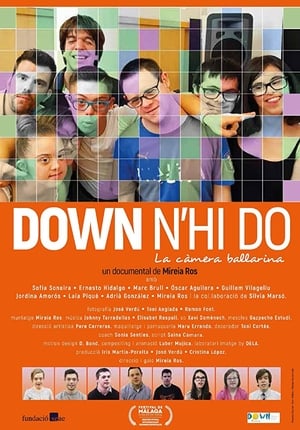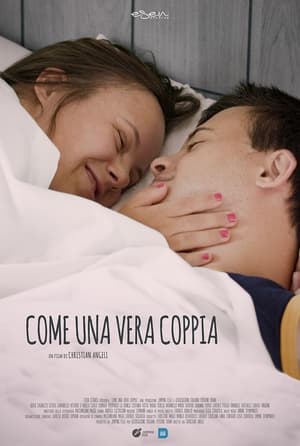
Rehearsal(2018)
MINDS Perform is a performing arts group consisting of members with learning disabilities. As they rehearse for a new song, they are transported into a kaleidoscopic world of music and dance. Commissioned for the Movement for the Intellectually Disabled of Singapore.
Movie: Rehearsal

Rehearsal
HomePage
Overview
MINDS Perform is a performing arts group consisting of members with learning disabilities. As they rehearse for a new song, they are transported into a kaleidoscopic world of music and dance. Commissioned for the Movement for the Intellectually Disabled of Singapore.
Release Date
2018-10-07
Average
0
Rating:
0.0 startsTagline
Genres
Languages:
EnglishBahasa melayuKeywords
Similar Movies
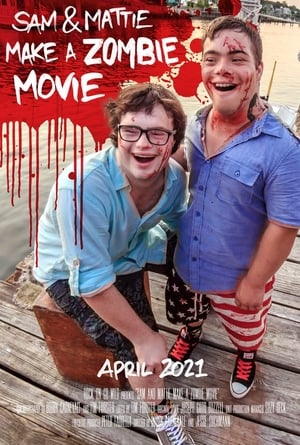 6.7
6.7Sam & Mattie Make a Zombie Movie(en)
Documentary about the making of ’Spring Break Zombie Massacre.’
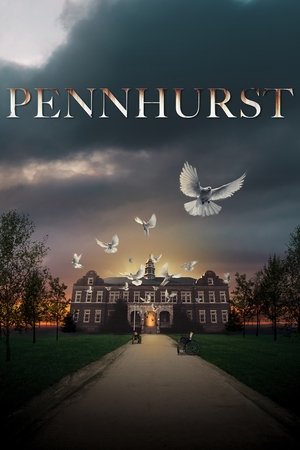 0.0
0.0Pennhurst(en)
Segregation, abandonment, and the meaning of home are discussed by the people that lived in, worked at, and crusaded for one of the largest and oldest Intellectual and Developmental Disability Institutions in the United States. The facility, in its closing, challenged society's perception of those with intellectual disabilities and ultimately fought for better rights.
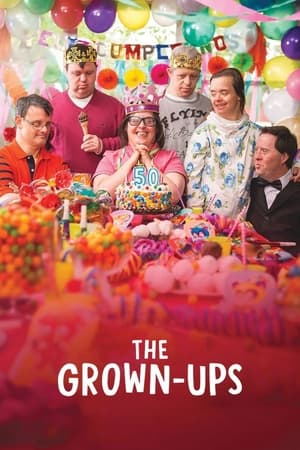 6.4
6.4The Grown-Ups(es)
A group of friends with Down Syndrome have been attending the same school for 40 years, and they are tired of being treated like children, they are grown-ups and want to live as such.
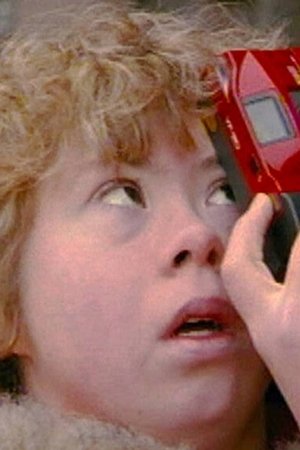 9.5
9.5Martina - Mot Alla Odds(sv)
Another film about Martina Schaub, now thirty years old.
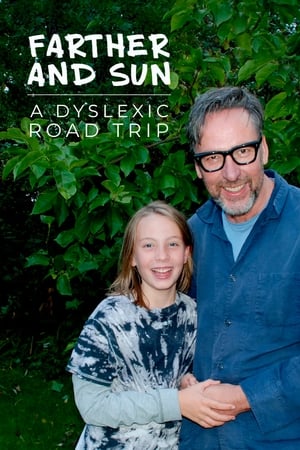 5.0
5.0Farther and Sun: A Dyslexic Road Trip(en)
Could dyslexia be a gift? Or can it only ever be a disability? Documentary maker Richard Macer sets off on a road trip with his dyslexic son Arthur to find the answer. En route, they meet Richard Branson and Eddie Izzard, and many other successful dyslexic people. - BBC
 7.5
7.5The Punk Voyage(fi)
In December 2016 a remarkable chapter in music history was closed as the Finnish punk rock band Pertti Kurikan Nimipäivät (PKN) retired. Punk Voyage is a feature length documentary film about the last years of the band, with all the ups and downs included. After becoming celebrities in Finland, this incredible quartet continued to conquer new fans around the World. In its seven years run PKN played nearly 300 gigs in 16 countries. In 2015 the band was selected to represent Finland in the Eurovision Song Contest, where they played to over 100 million television spectators. However, the busy traveling and success created a lot of pressure within the band: Kari struggled with the temptations and responsibilities brought by publicity; Sami extended his territory to politics and religion; Toni's and the band's roadie Niila's crush to the the same girl caused conflicts; and Pertti, tired of this all, decided to retire.
Norm(en)
Norm is a love story pure and simple. But there is nothing simple about it. A loving sister decides to take her older brother with Down syndrome into her home to provide the care and the sense of family she feels he has been denied since childhood. Like many aging adults living with Down syndrome, he begins to experience the symptoms of Alzheimer's disease. Her greatest fears have become a reality, "What if she can't keep him at home forever?"
Smile Til It Hurts: The Up With People Story(en)
Archival footage, photos, news clips, and interviews combine to offer a comprehensive overview of the clean-cut, buttoned-down singing youth group that attempted to change the world in the riotous 1960s. A true cultural phenomenon, Up with People performed in 47 languages to a global audience that included popes and kings; they even performed at the Super Bowl half-time show. As former members offer heartfelt reflections on their time with Up with People and what the group really mean to them personally, the viewer is presented with a thought-provoking glimpse into the cultural underbelly of politics, cults, and money.
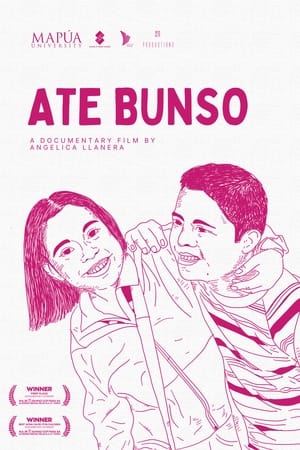 0.0
0.0Older Younger Sister(tl)
Ate Bunso is a performative documentary film by Angelica Llanera that shows the story of her family as they raise their Down Syndrome family member, Daniel. Ever since she was born, Angelica has embraced the role of being an "Ate" or older sister to Daniel despite being younger than him. She also shares how society negatively perceived them in the early years and how the media changed that for her family and the people who share a similar life situation with them.
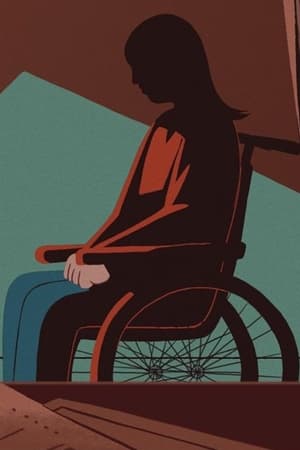 0.0
0.0Learning Disabilities in Primary Care(en)
People with learning disabilities often experience worse physical and mental health. This film is a starting point to address these inequalities.
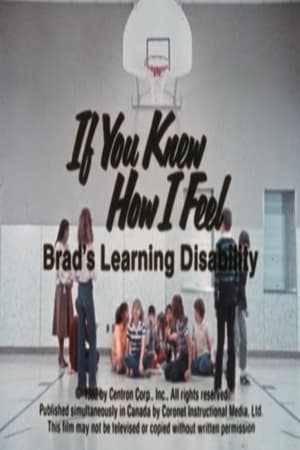 0.0
0.0If You Knew How I Feel: Brad's Learning Disability(en)
Nobody's perfect. We've all got our strengths and weaknesses. Kristi knew her weakness and discovered Brad's -- dyslexia, a learning disability. She learned what a learning disability is, and about handicaps -- those you see and those you don't.
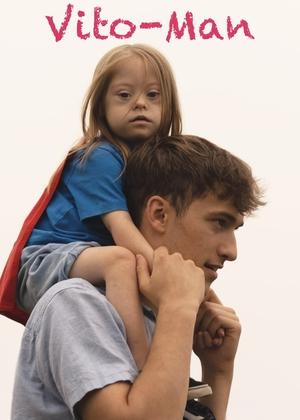 10.0
10.0Vito-Man(en)
Vito is a sweet little boy with Down syndrome, and this short documentary puts his energetic, jolly personality on full display as he interacts with his loving family. By showing Vito’s dignity and inherent value, Vito-Man tackles the difficult conversation that is the eradication of people with Down syndrome, proving that an extra chromosome should not be a death sentence.
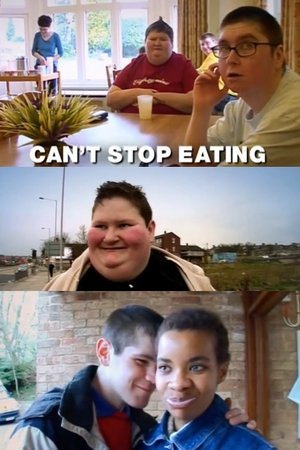 0.0
0.0Can't Stop Eating(en)
This documentary follows a small number of British people with an incurable genetic disease called Prader-Willi syndrome. This rare disorder makes the sufferer unable to control their eating habits. Prader–Willi syndrome is a rare genetic disorder in which seven genes (or some subset thereof) on chromosome 15 (q 11-13) are deleted or unexpressed (chromosome 15q partial deletion) on the paternal chromosome. The film is set in Gretton House, near Kettering in England, which is a government-funded care home deliberately constructed to assist people with PWS. The film focuses on a new resident, Joe Blackburn, who is 21 and begins the documentary weighing over 30 stone (190 kg, 420 lbs) and with fears for his health. Resident Tamara Allwood is also featured, who was at one point close to death from overeating.
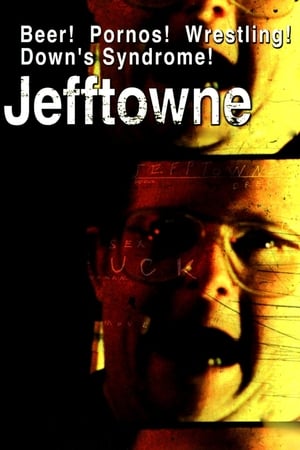 6.5
6.5Jefftowne(en)
jefftowne is a 1998 documentary shot and directed by Daniel Kraus and distributed by Troma Entertainment. It chronicles the life of Jeff Towne, a 40 year old Iowa City resident who suffers from Downs Syndrome, obesity, alcoholism, and circulation problems. Towne also enjoys pornography and lives with his 90-year-old adoptive grandmother.
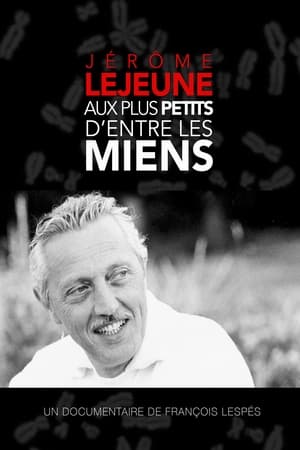 0.0
0.0Jerome Lejeune - To the Least of My Brothers and Sisters(fr)
To the Least of My Brothers and Sisters is a new documentary on the life of Jerome Lejeune, the Father of Modern Genetics that was made to celebrate the 20th anniversary of his death. Filmed on two continents, it contains numerous interviews with former colleagues, families, current medical researchers, and others, all who express the importance of Jerome Lejeune in both the history of medicine and the defense of the dignity of human life.
 0.0
0.0Jefftowne 2(en)
Jeff Towne revisited four years after the release of the original film.
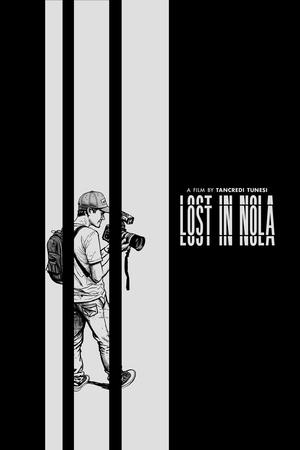 0.0
0.0Lost in NOLA(it)
A young student filmmaker in an attempt to shoot a documentary gets lost in New Orleans. Out of fear of making a mistake, he ends up making hundreds of mistakes.
